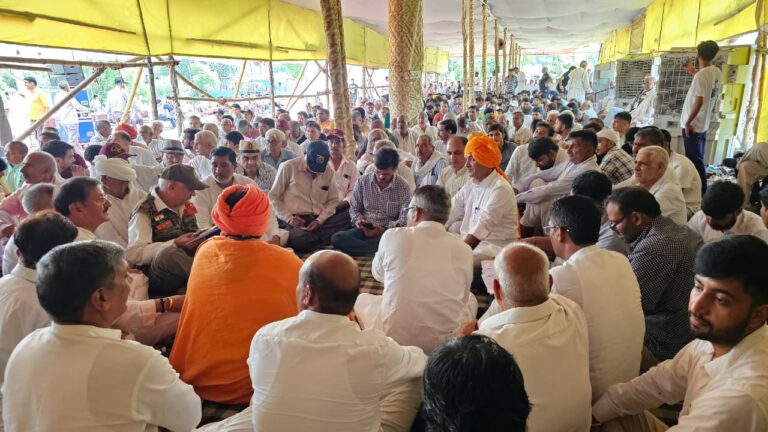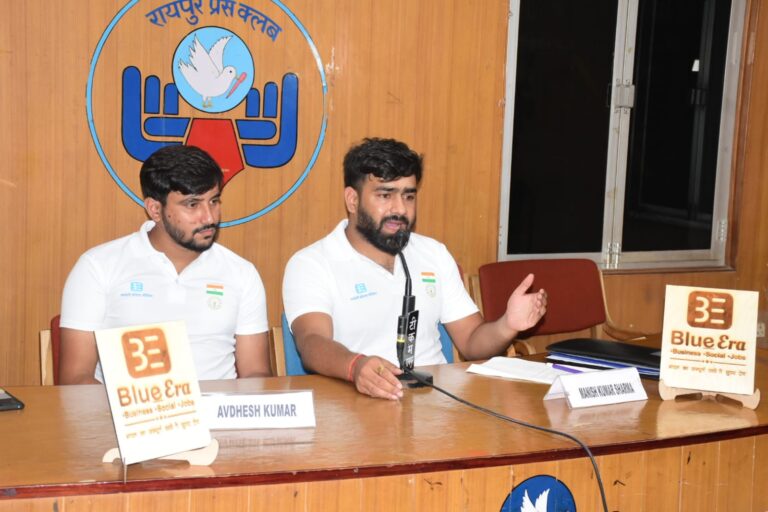Faridabad Stray Dog Feeder Fined ₹1.3 Lakh, RWA Deploys Bouncers
A dispute in Faridabad’s Princess Park society has snowballed into a major controversy after the RWA fined a resident over ₹1.25 lakh for feeding stray dogs and deployed bouncers to enforce the ban. The incident has reignited debates around animal welfare, resident safety, and legal responsibilities in urban societies.

New Delhi: A bitter conflict over stray dogs has erupted in Princess Park Society, Sector 86, Greater Faridabad. The Resident Welfare Association (RWA) has fined resident Divya Nair nearly ₹1.3 lakh, citing violations of society rules that restrict feeding strays in common areas. The dispute, which has been brewing for three years, escalated after the RWA hired female bouncers to stop Nair and others from feeding nearly 40 stray dogs inside the premises.
According to the RWA, its decision stems from Supreme Court guidelines that allow stray feeding only in designated areas. “Compassion is not the issue; safety is. Feeding inside the society compromises children, the elderly, and residents,” an RWA member remarked. They allege that Nair repeatedly defied notices, prompting fines that have now crossed ₹1.25 lakh.
The RWA argues that designated feeding zones were created near the society’s market area, but Nair continued feeding dogs in lobbies and basements, causing sanitation and safety concerns.
Animal Welfare Concerns
Animal welfare groups warn that the decision has left around 40 strays in the society starving. Many feeders argue that the Prevention of Cruelty to Animals Act and Animal Welfare Board of India (AWBI) guidelines guarantee strays the right to food and water. Social media has also amplified the case, with residents divided between concerns of hygiene and empathy for the dogs.
Legal and Civic Context
This controversy sits at the intersection of civic rules and animal rights. The Supreme Court has directed that stray feeding should happen only in designated spots to reduce conflict. At the same time, the Bombay High Court recently ruled that hiring bouncers to stop dog feeders is unlawful, emphasizing that societies must respect citizens’ right to feed strays at earmarked places.
Interestingly, Faridabad itself has been experimenting with innovative solutions: the municipal corporation has launched microchipping of dogs, feeder committees, and designated feeding zones in collaboration with NGOs—offering a more balanced template for other societies.
Also Read: Locals discover tragedy in the morning, retrieve bodies with bare hands
A Growing Pattern of Conflict
This isn’t an isolated case. Across NCR, feeders have faced harassment, physical assault, and even FIRs following the Supreme Court’s restrictions. Reports highlight cases where feeders were slapped, punched, or threatened while attempting to feed strays. The growing tension reflects a wider urban struggle to balance resident comfort with humane stray management.
Legal experts suggest that while RWAs can regulate feeding for safety, they cannot completely prohibit or punish feeders beyond the law. They emphasize that the real need is constructive dialogue—setting up designated feeding zones, strengthening sterilization and vaccination efforts, and giving feeders a role in welfare committees.






No Comments Yet